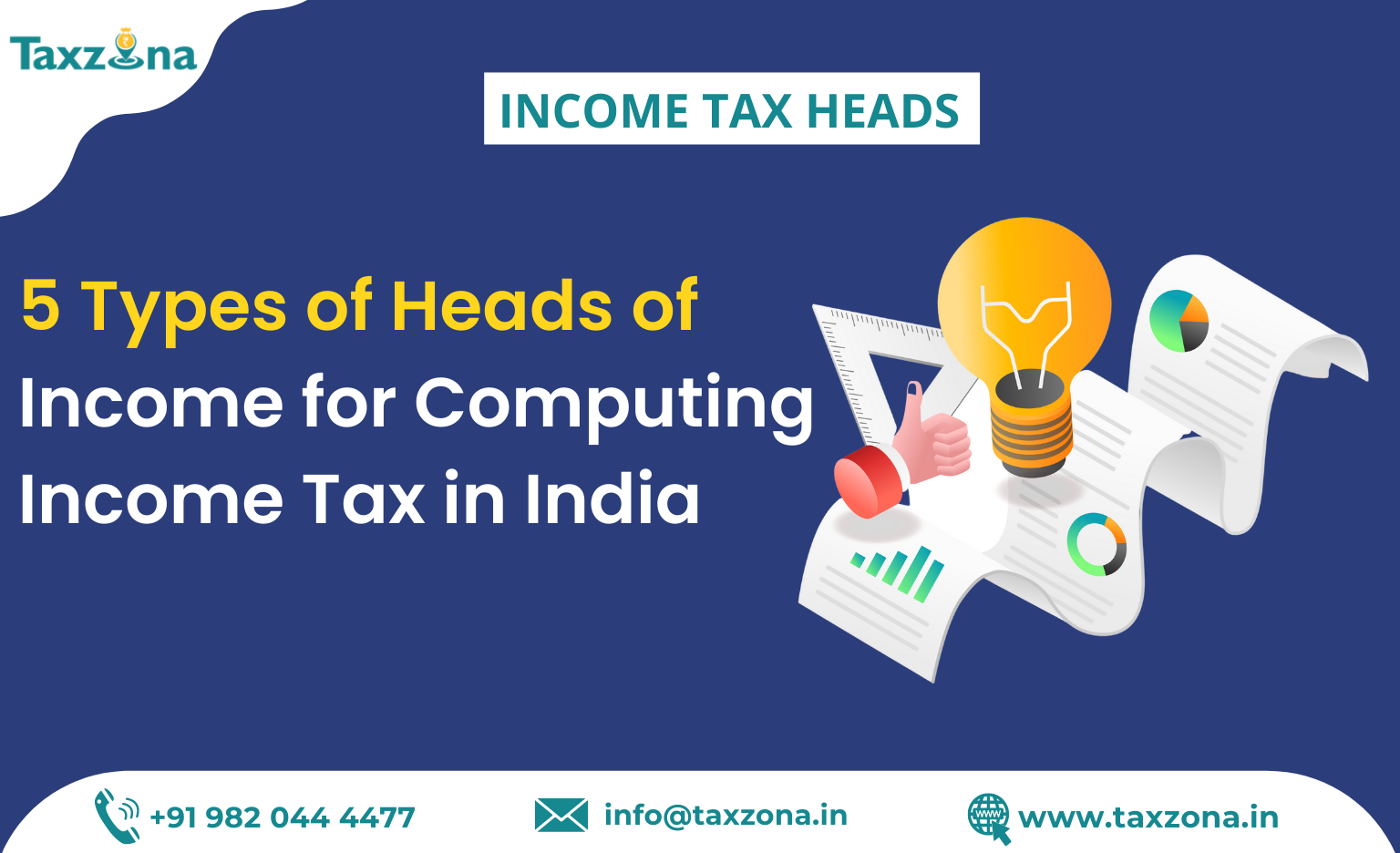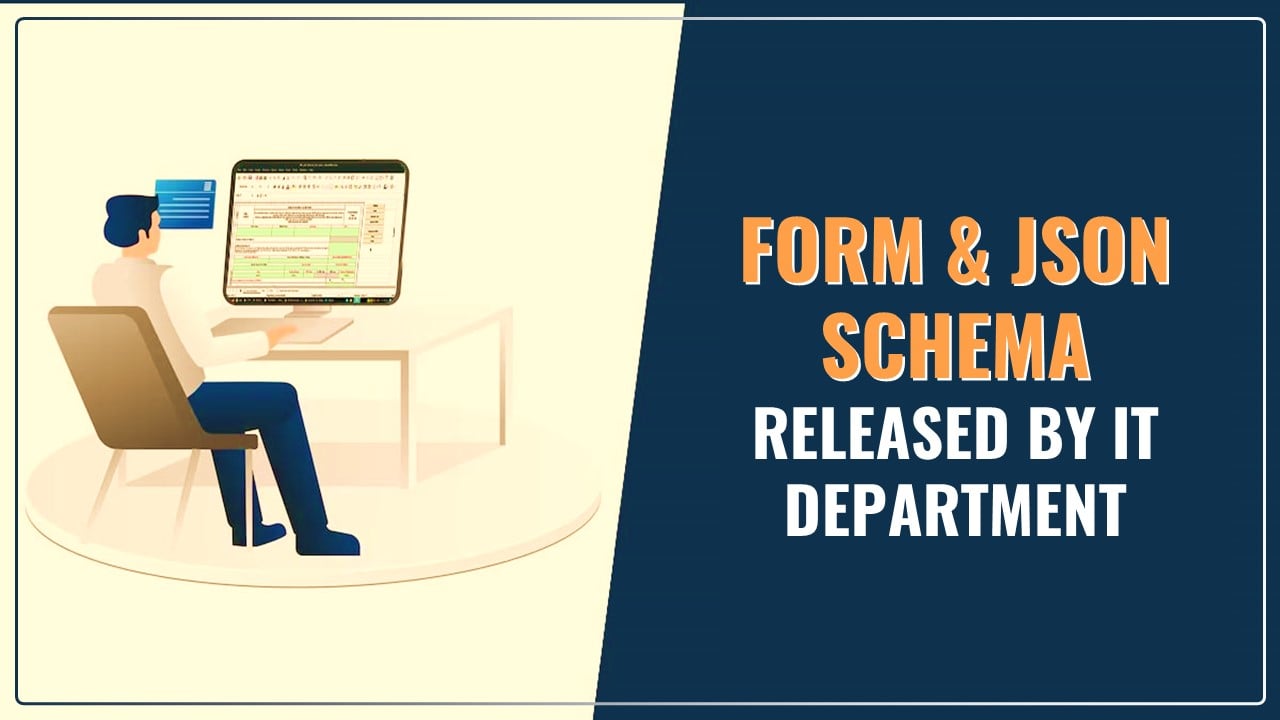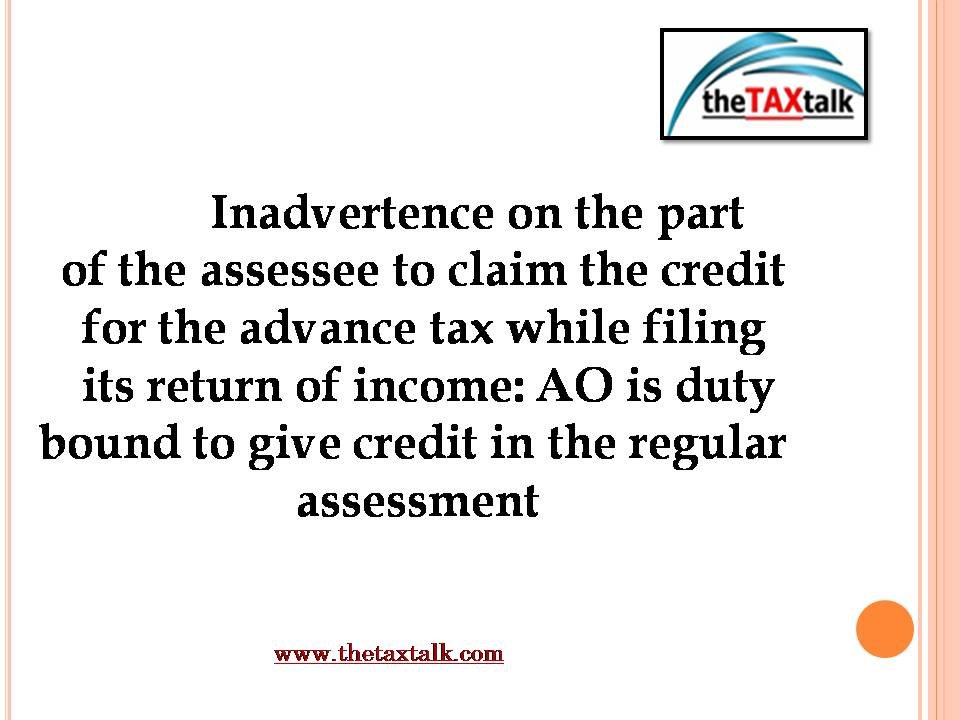Salary income, in India, includes all income received by an employee as a salary or wages in respect of services rendered to an employer. This includes fixed, recurring or stipend payments as well as commissions, tips and other amounts derived from work performed.
In addition, salary income includes any other remuneration that is clearly assigned as consideration for the performance of services.
The main categories of salary income that are taxable in India as per Income Tax Act, 1961 are:
– Fixed salary
– Commission based salary
– Tips and gratuities
– Profit sharing
– Performance bonuses
– Other forms of compensation
– Crop share income
– Rent received from occupier of immovable property owned by private individual (other than residential premises)
Under the Income Tax Act, all individuals who earn salary from a job are liable for income tax. This includes employees, self-employed people, and pensioners. In general, every individual who earns more than Rs 5,00,000 per annum is subject to income tax.
The basic exemption limit for financial year 2021-22 is Rs 2.5 lakhs as per Income Tax Act, 1961. This means that if your annual salary is more than Rs 2.5 lakhs and below Rs. 5 Lakhs, you are not required to pay any income tax on this salary.
Salary includes all remuneration that is received in cash or in kind, including commission, tips, bonuses, severance pay, and other similar payments. However, it does not include any benefits that are provided in connection with your employment (such as medical care and life insurance).




